

The creators at Media Molecule have an admirable gift for bringing tangible materials to their games in ways that can almost be traced with your fingertips. In the case of Tearaway Unfolded, the gift really is the wrapping paper, which forms an entire world of curls, creases and surreal creatures that look like they escaped from a kindergarten arts-and-crafts day.
Valleyfold unfurls in front of you as a platformer, sending you from one corner to the other on the most important delivery run in history... or at least this story. As either Atoi or Iota, a boy and girl with envelopes for heads, you jog through flapping forests and sand-paper deserts to deliver a crucial missive to The You. As far as the narrators know, the You is a mysterious being who interferes from afar and somehow helps the messenger to jump, roll and squish their way to their letter-head’s ultimate destination. Much like the game’s construction paper, this is a journey that holds up in places, folds up in places and falls flat in others.
The PlayStation 4 version reworks the Vita debut of Tearaway in major ways, with the immediate gains coming from a much higher resolution and 60-frames-per-second presentation. The paper has an eerily accurate appearance now, and in some ways Tearaway Unfolded becomes a photorealistic game, even if its origami diorama behaves in ways that boring office stationery doesn’t. Walking through the pastoral fields of Valleyfold, head bowed in reverence of the full visual upgrade, is kind of a holy sheet moment.
There is a tradeoff in going from Vita to PS4, however, in that the world of Tearaway is no longer fully and simply contained in a handheld device. You can no longer poke your finger through the barrier separating our world and the game, an effect that was both a clever form of input and a source of god-fearing consternation for the poor paper people. Instead, Tearaway Unfolded situates itself inside your television, with the screen acting as a permeable barrier between worlds and the controller letting you communicate through it. The DualShock 4’s light bar, for instance, acts like a flashlight if you hold down the left or right triggers, zapping a beam of light into Tearaway to illuminate dark areas or to hypnotize the Scraps, nasty little newspaper bits that harass you throughout. They’re especially evil in that their boxy shapes and nonsensical cries remind you of Minions constantly.
The PlayStation 4 version of Tearaway uses the camera, if you have one, to send your grinning mug into the game like a couch-bound god peeking in through the sky. You can also plaster yourself all over the place - finally testing whether you're a good idea on paper - or create new shapes by tracing them on the touch pad. Certain objects can also be photographed with the in-game camera to unlock blueprints for real-life paper crafts. You know, paper. That flat stuff people used to write on?
Brushing across the touch-pad summons a gust of wind, battering and bending everything on-screen, while pressing down on it activates drum-like bouncing pads to launch Atoi up and over obstacles (these taps usually require the right cadence in platforming challenges). Your messenger can pick up enemies, or the adorable papercraft squirrels, and toss them through the screen, right into the controller. From there you can flick them back like a missile – or stroke them on the touch pad like a purring Tamagotchi. These ideas not only make Tearaway an almost-palpable exploration of texture in a game, but of games as self-contained, toy-like machines.
The writing is just wonderful, as you’d expect for something so committed to paper, and I love its cast of superstitious sea folks and the flustered scientists analyzing your protrusions into their domain. Coupled with its inescapable air of pleasantness and an upbeat percussive soundtrack, Tearaway Unfolded feels lifted by a light heart.
Tearaway Unfolded doesn’t make a strong case for why its unmistakable “feel” is enough, however. Though the PlayStation 4 version adds new levels and imaginative ways to interact, it doesn’t really dive any deeper than Tearaway did before. It’s always trying to find its groove, ramping up the platforming or some puzzles hinged on your prodding of the world, and then flattens out in boredom before ideas can develop further. The dedication to the paper aesthetic is remarkable, yet other aspects of the game don’t really feel connected to the same goal.
Combat against the Scraps feels especially loose and laborious - though you can knock them into a stupor with a well-timed blast of wind, it’s easier just to toss things at them or simply lure them off a nearby edge with your DualShock’s light. It all feels like cleaning the yard, like sweeping leaves out of the way so you can get on with your day. And what does it have to do with paper or Tearaway? The game constantly prompts you to draw shapes, decorate your messenger with bits and pieces, or take cute pictures, but creativity is oddly undervalued when there’s action. Fighting meanies merely feels decorative, and does little to add tension or excitement to Tearaway.
Tearaway Unfolded also crosses the line when it comes to unique control methods, going from inventive and flush with the rest of the game to obligatory and obnoxious in the game’s final segments. Platforms that move as you tilt your controller are doubly awkward when the camera misbehaves, and they only create a mechanical rift between you and the potential that rests inside Tearaway’s paper world. Just like the Vita version, there’s a sense that the game isn’t really about paper or craft - it just looks like it is.
Of course, some rubbish platforming here and there doesn’t hit Tearaway as hard as it might other games. Media Molecule isn’t doing Super Meatboy here. It’s a great testament to the game’s optimistic personality and detailed construction that you never quite think of it as just another platformer or an action title. But even accepting it as a whimsical object to be touched and toyed with, there's an inkling of trouble throughout: Tearaway Unfolded is a tad too thin, even for paper.
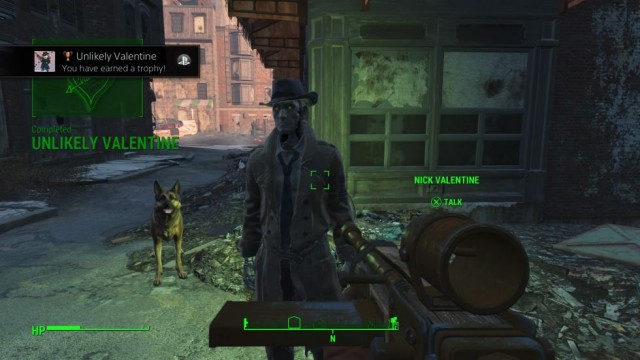
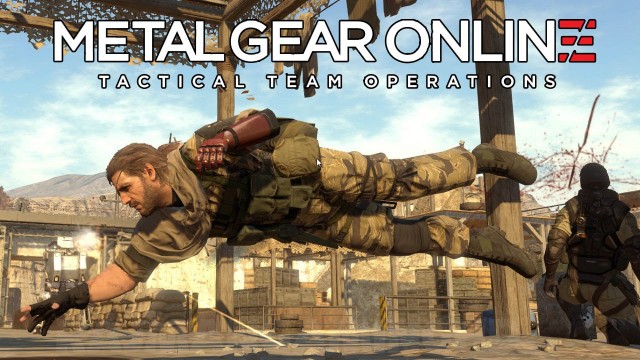
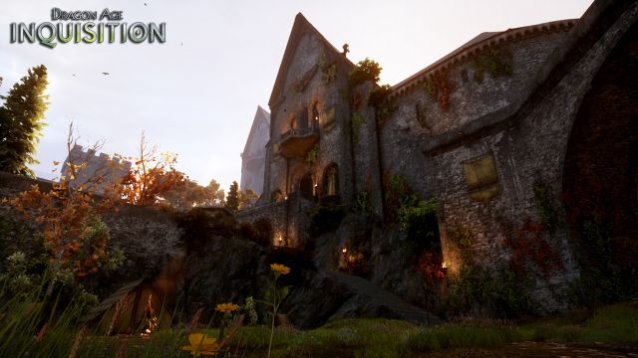
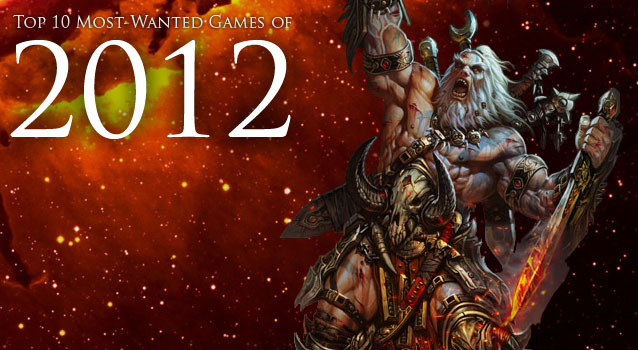
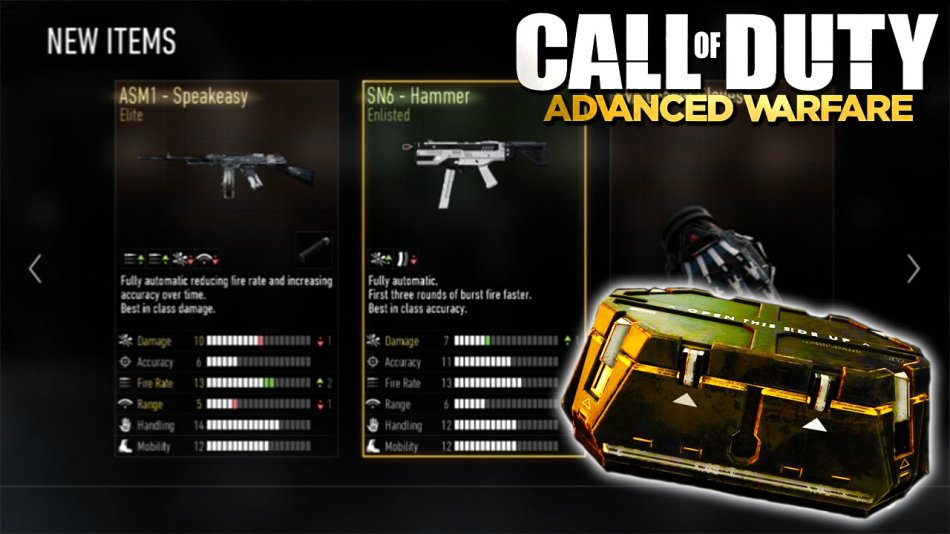 How to Get More Supply Drops in CoD Advanced Warfare
How to Get More Supply Drops in CoD Advanced Warfare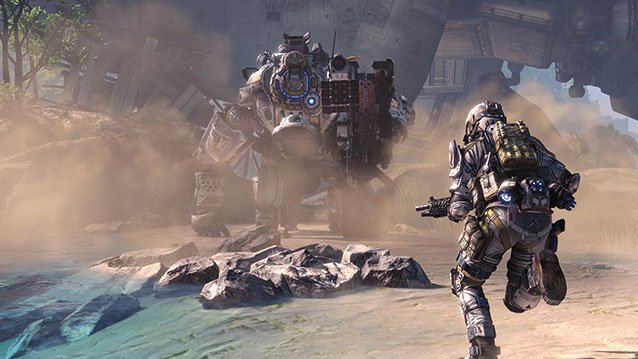 Titanfall Review: More Than Call of Duty With Mechs
Titanfall Review: More Than Call of Duty With Mechs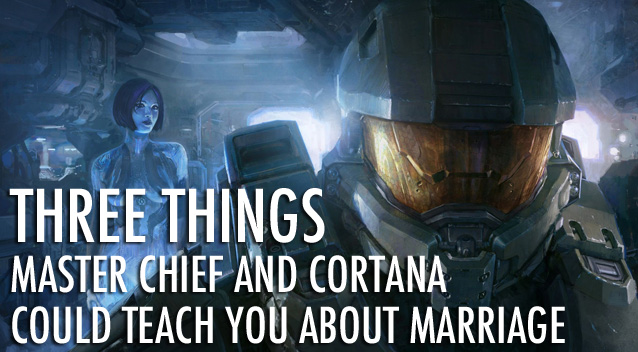 Three Things Master Chief and Cortana Could Teach You About Marriage
Three Things Master Chief and Cortana Could Teach You About Marriage Here's How To Get Le Fusil Terrible Shotgun In Fallout 4
Here's How To Get Le Fusil Terrible Shotgun In Fallout 4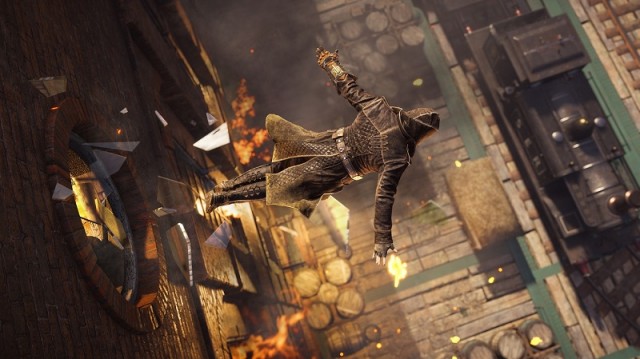 Vintage Beer Bottle Locations: Assassin's Creed Syndicate
Vintage Beer Bottle Locations: Assassin's Creed Syndicate